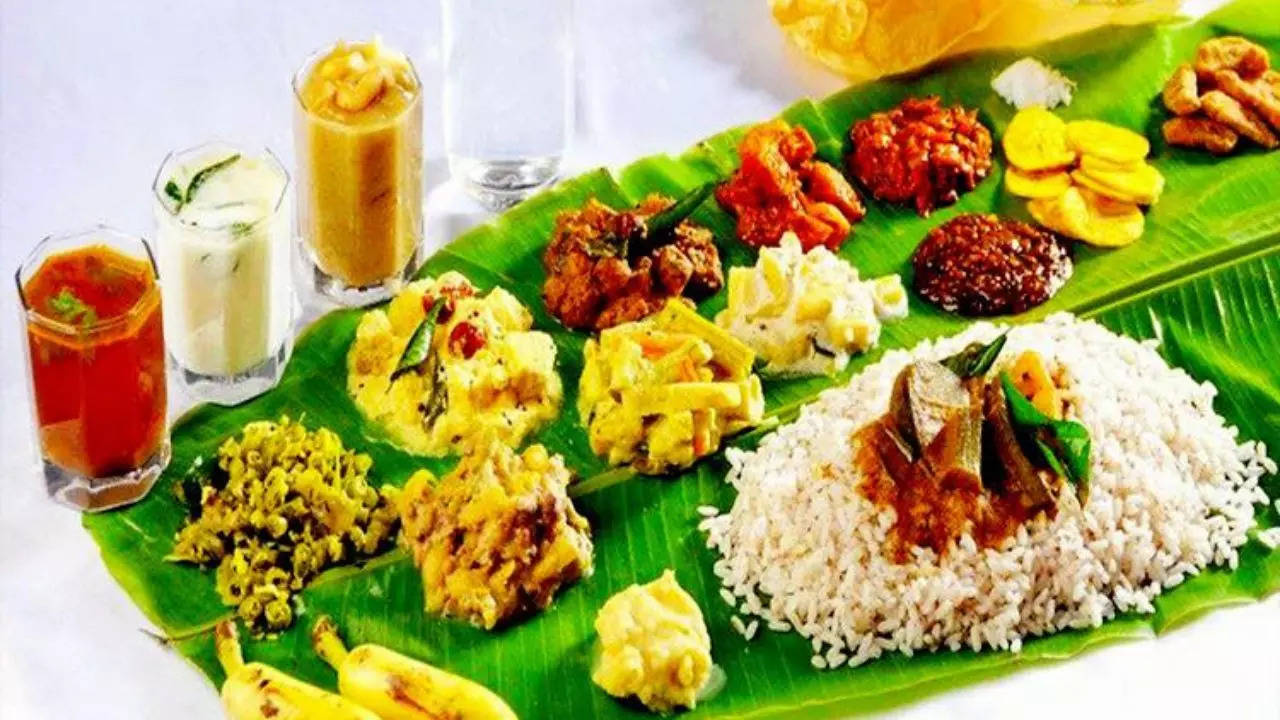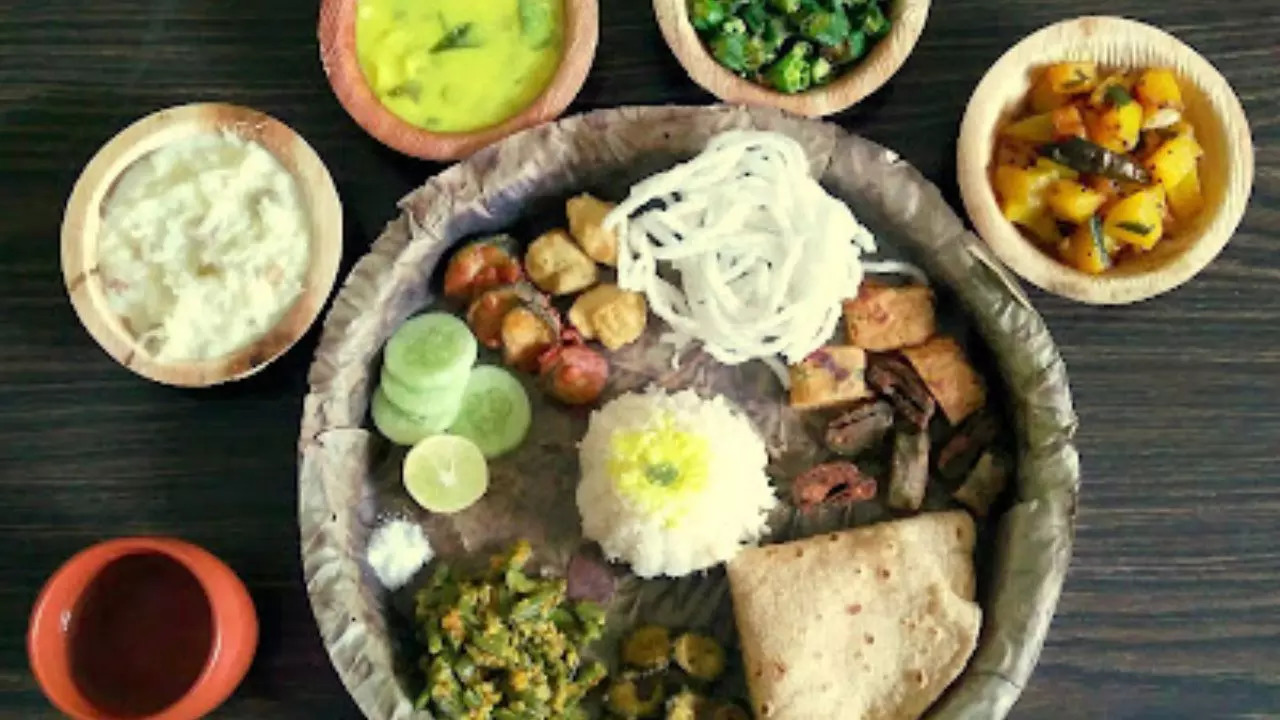Pitru Paksha Shradh Thali (Image via poonambachhav)
Pitru Paksha is an important Hindu tradition celebrated to honor and remember deceased ancestors. It takes place during the waning phase of the lunar cycle, which usually falls in the months of September or October. The 16-day period, also known as ShraddhaThis day is considered to be the time to pay homage to ancestors through various rituals such as offerings and prayers. Hindus believe that during Pitru Paksha, the souls of ancestors descend to earth to receive offerings from their living descendants. Performing Shradh rites is said to bring peace and salvation to these souls.
In many Indian homes, special ceremonies are held and food is offered to Brahmins, who symbolically represent the souls of the deceased. Some also feed animals such as cows, dogs and, in particular, crows. In Hindu mythology, the crow is considered the messenger of the ancestors and feeding it is believed to ensure that offerings reach the deceased.
To maintain the sanctity and spiritual purity of the rituals during Pitru Paksha, certain dietary rules and restrictions are followed. These are believed to maintain a sattvic (pure) lifestyle, which helps maintain a spiritual connection with the ancestors. Listed below are some foods that are traditionally avoided during Pitru Paksha:
Foods to avoid during Pitru Paksha
Non-vegetarian food
Consumption of meat, fish, eggs and other non-vegetarian food is strictly prohibited during Pitru Paksha. The reason is that non-vegetarian food is considered tamasic, meaning it increases lethargy and ignorance, which disturbs the spiritual atmosphere needed to connect with the ancestors. It is believed that eating non-vegetarian food during this period disturbs the tranquility and sanctity of the rituals.
Garlic and onion
Garlic and onion are also classified as tamasic and rajasic, the latter being an ingredient associated with increased activity and restlessness. These ingredients are believed to generate excess heat in the body, which can interfere with the calm, meditative state needed during Pitru Paksha rituals. Therefore, families avoid cooking with garlic and onion and opt for simpler, sattvic meals.

Alcohol
Consumption of alcohol and tobacco is strictly prohibited during Pitru Paksha. These substances are believed to affect mental clarity and may impair the ability to concentrate on religious and spiritual duties during the period. Such consumption is believed to pollute the environment and disrespect the presence of ancestors.
Raw grains, legumes and wheat
Foods such as raw cereals, pulses and wheat are not usually used in meals during Pitru Paksha. This is done in keeping with the tradition of simplicity during the Shradh period. Offerings to ancestors usually consist of cooked meals and raw ingredients are avoided in both offerings and daily meals.
Black salt, cumin seeds and eggplant
Other food items to be avoided include black salt, cumin seeds and brinjal. These are considered unsuitable for Pitru Paksha rituals, though the reasons for their exclusion vary according to regional customs. Some believe that these foods disturb the spiritual energy of the time, while others follow long-standing traditions of abstaining from these foods.
Spicy and greasy foods
Meals during Pitru Paksha should be simple and sattvic, avoiding overly spicy or oily foods. Spices are said to cloud the mind and upset the balance of the body, making it difficult to perform rituals with the necessary level of spiritual concentration. Instead of heavy, rich meals, families opt for light, digestible foods that foster a sattvic environment, suitable for religious observances.
Pitru Paksha is a deeply spiritual and culturally significant period in the Hindu tradition, during which people engage in prayers, rituals, and food offerings to honor their ancestors. The dietary restrictions observed during these 16 days are designed to promote a sattvic lifestyle, creating an atmosphere of peace and purity conducive to worship. By avoiding certain foods, families maintain the spiritual sanctity needed to connect with their ancestors. Along with these celebrations, the symbolic feeding of animals such as crows further strengthens the bond between the living and the dead, ensuring that the rituals of Pitru Paksha are fulfilled with devotion and reverence.
Disclaimer:
The information contained in this post is for general information purposes only. We make no representations or warranties of any kind, express or implied, about the completeness, accuracy, reliability, suitability or availability with respect to the website or the information, products, services, or related graphics contained on the post for any purpose.
We respect the intellectual property rights of content creators. If you are the owner of any material featured on our website and have concerns about its use, please contact us. We are committed to addressing any copyright issues promptly and will remove any material within 2 days of receiving a request from the rightful owner.

